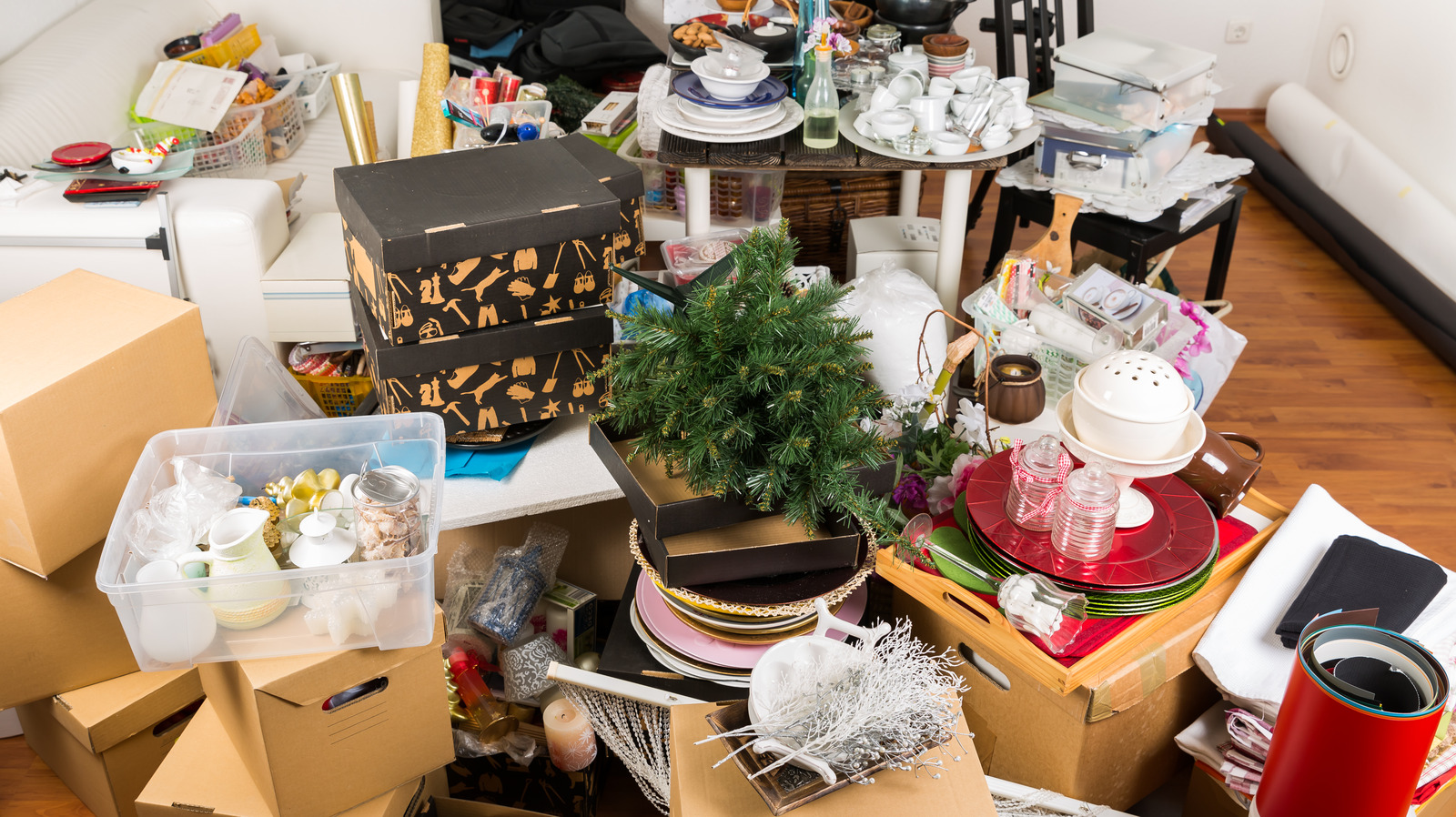Clutter builds up slowly. It starts with small piles and turns into disorganization that affects how you live and think. Keeping your home organized needs consistency and a clear plan.
Start with Awareness
The first step to avoiding clutter is knowing where it comes from. Every household collects unnecessary items over time. You buy new things but rarely remove old ones. Walk through each room and note what feels out of place. Awareness helps you make better choices about what stays and what goes.
According to Guardian Ideas, recognizing clutter patterns early makes decluttering easier and keeps your living space functional longer.
Set Clear Zones for Everything
Assign a space for each item in your home. Kitchen tools stay in the kitchen, cleaning supplies in one cabinet, and paperwork in one drawer. Avoid mixing categories. Clear zones reduce confusion and prevent items from scattering around.
Use the One-In-One-Out Rule
If you buy something new, remove an old item. This rule keeps the total number of belongings balanced. It works best for clothes, decor, or gadgets. Regular practice of this method prevents buildup and helps you stay mindful of what you own.
Clean Small, Clean Often
You don’t need long cleaning sessions. Spend 10 to 15 minutes daily tidying up one area. A short routine keeps your home neat without feeling overwhelmed. Regular effort is more effective than occasional large cleanups.
Avoid Impulse Buying
Most clutter starts with unnecessary purchases. Before buying, ask yourself if you need it or just want it. Check if you already own something similar. Shopping with purpose reduces clutter and saves money.
Use Storage Wisely
Storage is helpful, but overuse hides clutter instead of solving it. Use transparent bins or labeled boxes so you know what’s inside. Vertical storage like shelves or wall racks keeps your space open and organized.
Declutter by Category, Not Room
Sort by type: clothes, books, kitchen tools, or decor. Focusing on one category helps you see duplicates and make faster decisions. Donate or recycle items that serve no purpose.
Manage Paper and Mail
Paper clutter grows fast. Sort mail immediately. Keep only important documents and digitize what you can. Use folders or trays to store bills, receipts, and letters neatly.
Create a Donation Routine
Keep a donation box in your home. Whenever you find something you no longer use, place it there. Once full, donate it to a charity or a local center. Making it a habit stops unwanted items from piling up.
Designate a Clutter-Free Zone
Pick one area that always stays neat, like your dining table or coffee counter. It sets a standard for the rest of your home and motivates you to expand tidiness gradually.
Evaluate Your Habits
Clutter often reflects habits. Do you leave items where you last used them? Do you postpone putting things away? Changing small behaviors can prevent disorder from returning.
Embrace Minimalism
Minimalism focuses on keeping what adds value to your life. You don’t need to own less, but own what matters. Functional and meaningful belongings make your home easier to manage.
Store Seasonal Items Properly
Pack away seasonal clothes or decor when not in use. Use vacuum bags or labeled bins for storage. This clears daily space and helps you maintain order.
Involve Your Family
Everyone should take responsibility for their own things. Assign age-appropriate organizing tasks. Shared effort maintains long-term cleanliness and teaches responsibility.
Limit Decorative Items
Too many decorations make spaces feel crowded. Keep what highlights your style and store or donate the rest. A few carefully chosen pieces keep rooms elegant and open.
Review Your Space Monthly
At the end of each month, review your home. Check for items you didn’t use or need. Quick monthly checks prevent clutter from returning and keep your home organized all year.
According to Organised Every Day, monthly home reviews reduce stress and support an efficient lifestyle by promoting consistent organization.
Use Simple Tools to Stay Organized
You don’t need expensive systems. Baskets, hooks, and drawer dividers can help manage space. Keep cleaning supplies handy in each area so you can act immediately when clutter starts building.
Digital Decluttering Helps Too
Emails, photos, and files can become digital clutter. Spend a few minutes weekly deleting unnecessary data. It improves focus and complements a clean home environment.
Make Clutter Control a Habit
Set a few minutes daily to reset your space. Return items to their place, wipe surfaces, and check corners. Regular maintenance keeps your home fresh and clutter-free.
Stay Intentional About Your Space
Your home reflects how you live. Avoid filling every surface or empty corner. Give yourself room to move and breathe. The goal is comfort and ease, not perfection.
According to Business Attract, clutter-free environments improve focus and increase productivity, especially for those working from home.
Conclusion
Clutter doesn’t appear overnight. It builds from small decisions. By making conscious choices, setting routines, and valuing simplicity, you can maintain a clean and organized home that supports your daily comfort and peace of mind.

